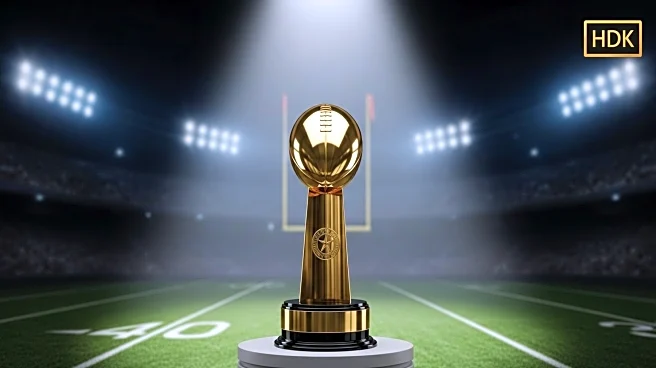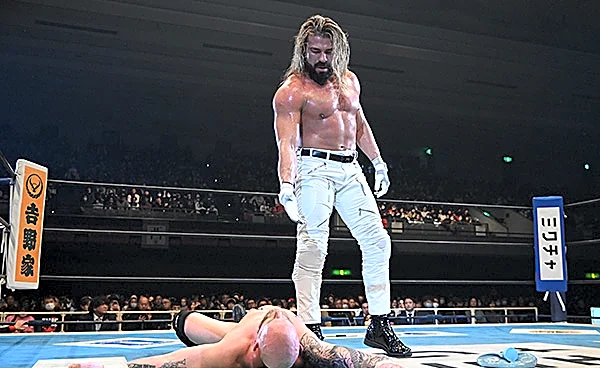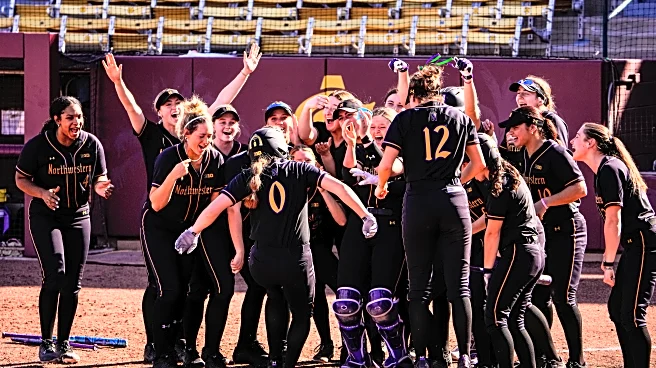What's Happening?
Former England player Wayne Rooney has publicly disagreed with Steven Gerrard's recent comments regarding the attitude of England's 'golden generation' of footballers. Gerrard, who played alongside Rooney, criticized the team for being 'egotistical losers' and not functioning as a cohesive unit, which he believes contributed to their lack of major tournament victories. Rooney, speaking on his podcast, defended the efforts and attitudes of his teammates, including notable players like Paul Scholes, David Beckham, and Michael Owen. He acknowledged the team's failure to win major tournaments but emphasized the hard work and dedication of the players. Rooney also noted that relationships among players from rival clubs have improved in recent years, contributing to a better team dynamic.
Why It's Important?
The discussion between Rooney and Gerrard highlights ongoing debates about team dynamics and player relationships within national teams. This conversation is significant as it reflects on the challenges faced by England's football teams in past tournaments and the evolving nature of player interactions. Improved relationships among players from different clubs could lead to better team cohesion and performance in future competitions. The insights from Rooney and Gerrard may influence how current and future teams approach building team spirit and handling media interactions.
What's Next?
As England continues to prepare for upcoming international tournaments, the focus may shift towards fostering stronger relationships among players from different clubs. Coaches and team managers might consider strategies to enhance team cohesion and address any lingering issues from past generations. The media's role in shaping public perception of the team could also be scrutinized, potentially leading to changes in how players engage with the press.
Beyond the Headlines
The conversation between Rooney and Gerrard also touches on broader themes of sportsmanship and the impact of media coverage on player morale. The evolution of player relationships and media interactions could have long-term implications for how national teams are managed and perceived by the public.









